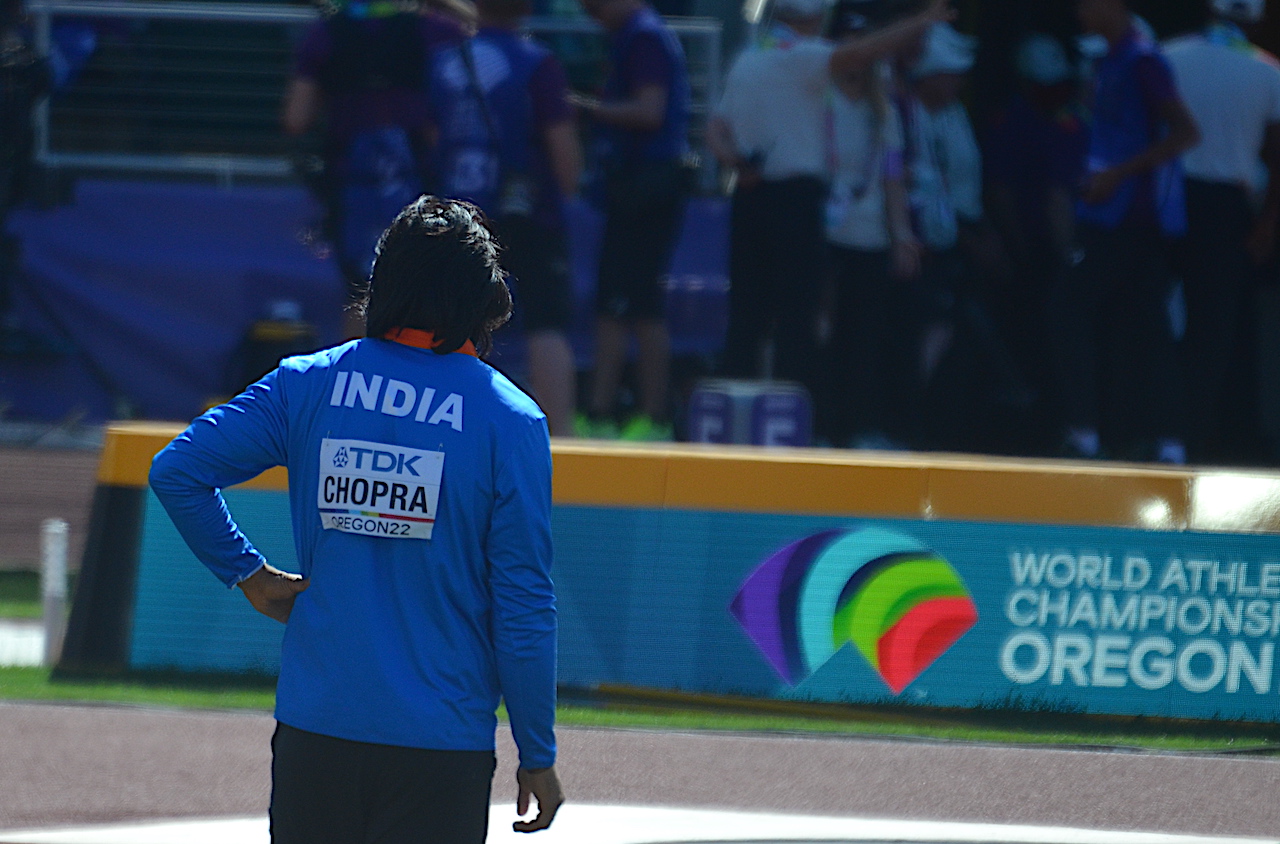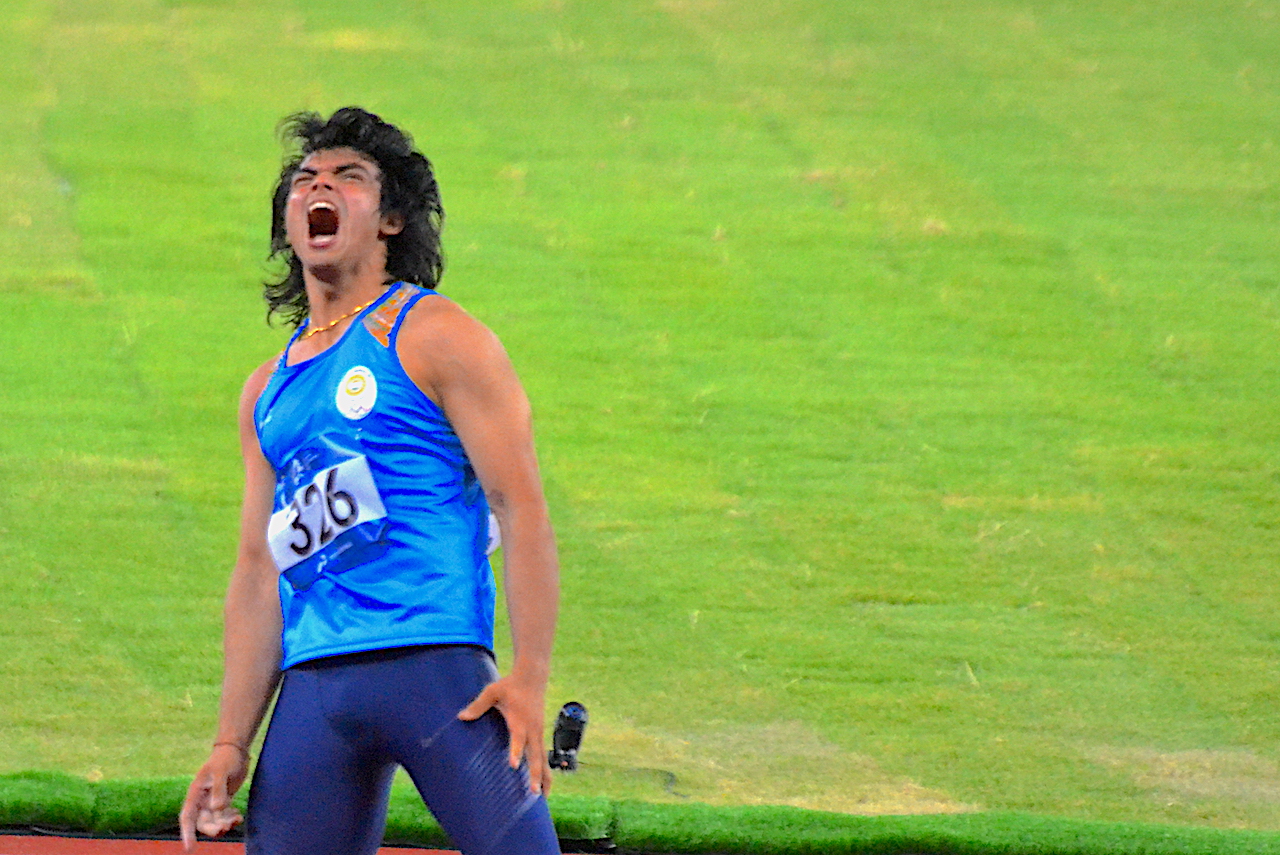The strains of the National Anthem from an Olympic arena; the sight of the Tricolour being flanked by two other flags and a calm, composed Abhinav Bindra on the podium, wearing an Olympic Games gold medal around his neck. All this served a perfect cocktail for a whole nation to go berserk in celebration.
What does Bindra’s gold mean for India? Will it herald the dawn of a golden era when India becomes more sports conscious than it has been all these years? Will it spawn a million Olympic dreams? Will our officials start administering sport in a more professional – and accountable – manner than they have thus far?
I wish the answer to all such questions is an optimistic affirmative but given our record as a nation that is dominated by either people who are apathetic to sport or couch critics, I am not sure even the gold medal will herald a revolution. At best, Bindra’s gold winning feat can be a catalyst.
Nothing would delight me more than when I am proven wrong.
I know I run the risk of being branded a pessimist – and let me assure you there is no diehard optimist than I – but there is a logical reason for me to stick my neck out. Just look at our recent history and you will know why I think we need more than an Olympic gold medal for India to be shaken from its stupour.
Look at how many opportunities we have let go: The 1982 Asian Games was a great chance for India to awaken its collective sports consciousness but we allowed it to come and go. The 1998 Asian Games gold medal show by the hockey team was a God-sent but we behaved like we didn’t care.
It is little more than a romantic notion that the previous Olympic medals have caused India – as a nation – to change its outlook to sport. Leander Paes’ bronze in Atlanta (1996), K Malleswari’s weightlifting bronze in Sydney four years later and Rajyavardhan Singh Rathore’s silver in Athens did not make us a better sporting nation.
Come to think of it, what percentage of India allows, let alone encourages, its children to go out and take part in recreation sport? We crib about lack of facilities around our societies but my own belief is that we do not make the optimum use of what is existing and functional.
Bindra’s success has shown that public-private partnership is the way forward. His parents’ sacrifices have been well documented to bear repetition here but it is also a fact that the Ministry of Sports and Sports Authority of India have contributed in some measure but, more importantly, his association with Mittals Champion Trust has been immensely beneficial.
Unless more and more Indians start thinking differently about sport, the revolution that we dream of will remain just that – a dream. Yes, the one thing that can happen is nobody can now say “A billion Indians and yet not even one Olympic gold medal…” That statement has been buried once and, I hope, for all.
How then does Bindra remain in the public eye for longer than just a few weeks? His ilk and he need to be seen competing more often – and on TV, if they are to become heores who stay in the public eye for any length of time. It is a pity that the sport is not usually spectator friendly and the premier events are not even telecast.
Why am I making such a fuss about Bindra remaining on TV? Well, it is about reinforcing the image that he is the best in the world. Unless this happens, the conditions are ideal for people to push his achievement to the recesses of their memory. The young want to keep watching their heroes strive to excel all the time.
Have we not watched European football with relish in our drawing rooms and made heroes out of the Ronaldos of the world? Have we not idolised NBA stars like Kobe Bryant and Lebron James? Don’t Tiger Woods and Phil Mickelson have a larger than life image in India? Isn’t Lewis Hamilton, only in his second F1 season, a huge star in India?
The challenge before India is to keep Abhinav Bindra – and all those who achieve success at the Olympic Games – in the limelight. And that can happen only if these stars keep performing well in events that are telecast frequently. And that is possible if the officials running these sports organise high quality contests often.
That calls for change in attitude at so many levels and sounds

